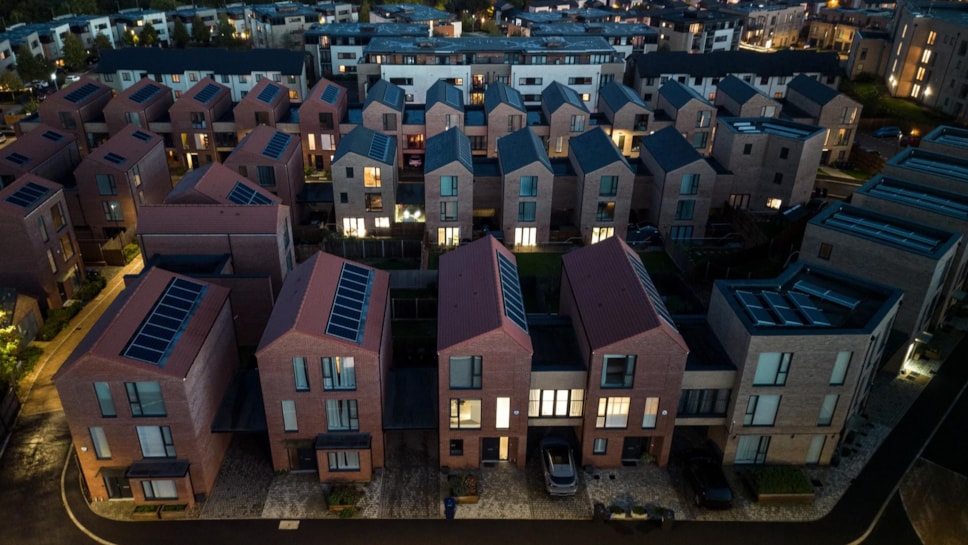
New energy trend could make 2025 the year of the "Flexsumer"
Customers who also make, store, and sell their own energy? We call them "Flexsumers"
It’s well accepted that for the energy transition and net zero to be successful, everyone will need to play their part. But what does this actually mean in practice? We know for a fact that a majority of people are concerned about climate change and want to do more to prevent it, but as energy suppliers, regulators, and policymakers, it’s on those of in charge to give them the tools to make new energy work.
In many ways we’ve already been doing that for some time, but thanks to a number of ongoing efforts and planned pilots, we think 2025 will see a new trend emerge that will give many more people a role in the energy transition: the rise of the "flexsumer".
What is a flexsumer?
On the face of it, our traditional model for energy systems is simple: generators generate, consumers consume. This way of doing things has kept the lights on for a 100 years and more, but in the 21st century it has some limitations: relying on large centralised plants poses the problem of long regulatory and construction timelines, requires more infrastructure to transport energy to homes, and potentially undermines energy security by depending on just a few sources of power.
Fortunately, the 21st century has also brought significant technological advances, such as cheaper, more efficient solar panels, smart meters, and long-duration batteries. By harnessing these, we can help everyday people not only consume electricity, but produce, store, and sell it, making them Flexsumers.
Making “flexsumerism” a reality?
The three most significant technologies for enabling flexsumers are solar panels, smart meters, and batteries, because together they allow flexible energy consumers to switch roles according to their needs. At any given time, a flexsuming household or business might be:
- Producing electricity through rooftop solar to meet their own needs and lower their bills, all while reducing pressure on large power plants.
- Storing any surplus for times when the sun isn’t shining or to sell back into the grid when prices are higher, while at the same time helping to balance the grid.
- Sharing with other homes and businesses at an affordable rate, putting more clean energy back into the system.
Creating flexsumers in 2025
We are working hard already to help consumers become flexsumers, partly as players in the national effort to put a smart meter in every British home and our participation in the ECO4 scheme to make domestic energy upgrades nationwide, but also through innovations of our own. For instance, we are currently running a trial in Coventry to put batteries in the houses of financially vulnerable people at no upfront cost, allowing them to becoming more active and flexible participants in the energy market.
We’re also working to prepare a UK pilot of Energy Sharing Communities, putting solar PV on the roofs of public buildings and businesses so they can produce their own electricity and sell surplus to the local community as required. And, with projects like the two 230-megawatt long-duration battery storage facilities we’re investing in at the site of the former Uskmouth coal-fired power station in Newport, South Wales, we are helping the entire country become more energy-flexible for the years to come.
The future of flexsumerism
With many more active and flexible participants in the energy system the task of coordinating supply, demand, and delivery becomes considerably more complex. As Mark Ritzmann, MD of E.ON Group innovation, says: “Tomorrow's energy world will be characterized by flexible consumers and producers of green energy. To effectively integrate these prosumers into our existing distribution grid infrastructure, innovative and digital solutions like IElectrix are necessary complements to an efficient grid expansion.”
This is precisely why we’re already investing in the kinds of digitisation and automation that will be crucial for the flexsumer-serving distribution grid of future.
To learn more about our work with distribution grids outside of the UK, go here.
And for more on our efforts with battery storage and energy sharing, take a look at:
Helping vulnerable customers in Coventry with home energy upgrades | E.ON News
And
